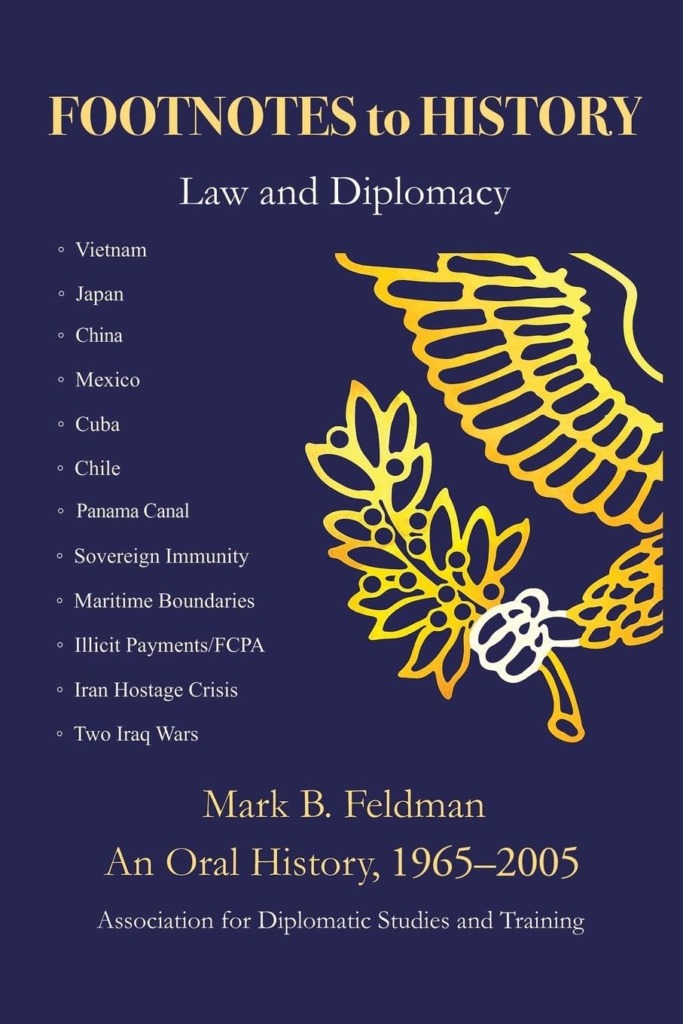How to Criticize U.S. Extraterritorial Jurisdiction (Part I)
[This post is based on a lecture delivered at Wuhan University School of Law on October 15, 2023] China has been critical of U.S. extraterritorial jurisdiction. In February, China’s Ministry of Foreign Affairs issued a report entitled “The U.S. Willful Practice of Long-arm Jurisdiction and its Perils.” In the report, the Ministry complained about U.S….
Continue ReadingEvergreen Content at TLB
In addition to covering new developments in transnational litigation, TLB aims to provide evergreen content that can serve as resources for practitioners, students, and academics. Our topic pages include primers on recurrent issues in transnational litigation; collections of core primary legal sources and leading academic articles; and related TLB news coverage. We are excited to…
Continue ReadingFinancial Hardship and Forum Selection Clauses
The U.S. Supreme Court has long held that a forum selection clause should not be enforced when “trial in the contractual forum will be so gravely difficult and inconvenient” that the plaintiff “will for all practical purposes be deprived of his day in court.” The financial status of the plaintiff is obviously a factor that…
Continue ReadingEighth Circuit Weighing Adoption of Foreign Relations Abstention
The Eighth Circuit will soon hear an interlocutory appeal to consider permitting abstention based on foreign relations concerns. In Reid v. Doe Run Resources Corp. (as the case is captioned on appeal), Peruvian citizens allege they were seriously harmed as children by toxic substances emitted by a metallurgical refining complex in Peru and that this…
Continue ReadingNew Decision on Email Service Under the Hague Service Convention
Regular TLB readers may recall that federal district courts are struggling with an important procedural question: whether they may authorize email service when the defendant resides in a country that is party to the Hague Service Convention. In Smart Study Co. v. Acuteye-U.S., Judge Gregory H. Woods (SDNY) held that the answer is no. The…
Continue ReadingD.C. Circuit Addresses FSIA in German Art Case
In the years before World War II, the Nazi government in Germany allegedly stole an art collection belonging to a Jewish industrialist. His descendants who live in the United States sued Germany in Toren v. Federal Republic of Germany. They argue that Germany is not immune from suit under an exception to the Foreign Sovereign…
Continue ReadingPersonal Jurisdiction and Extraterritoriality
The U.S. Supreme Court has repeatedly said that Congress has constitutional authority to regulate extraterritorially. “Both parties concede, as they must,” Chief Justice Rehnquist wrote in EEOC v. Arabian American Oil Co. (1991), “that Congress has the authority to enforce its laws beyond the territorial boundaries of the United States.” The presumption against extraterritoriality, which…
Continue ReadingA Primer on International Family Law
[This post is one in a series of primers on different topics in transnational litigation. To access other primers, please click on the “Topics” drop-down menu above.] International family law focuses on two discrete areas of international practice: (1) private international law, and (2) comparative family law. This area of practice is traditionally broken down…
Continue ReadingOptionality in Choice of Law
Choice-of-law clauses are sometimes described as tools for reducing legal uncertainty. This characterization, while correct, is incomplete. In cases where the suit is brought in a jurisdiction other than the one named in the choice-of-law clause, it is sometimes more accurate to think of the clause as an option. Either litigant may, if it so…
Continue ReadingA View of Transnational Litigation from the State Department
I recently had the pleasure of reading Footnotes to History: Law and Diplomacy by TLB contributor Mark Feldman. Mark spent sixteen years (1965-1981) at the U.S. State Department’s Office of the Legal Adviser, where he helped write the Foreign Sovereign Immunities Act (FSIA), the Foreign Corrupt Practices Act, and the Iran Claims Settlement Agreement. The…
Continue Reading







